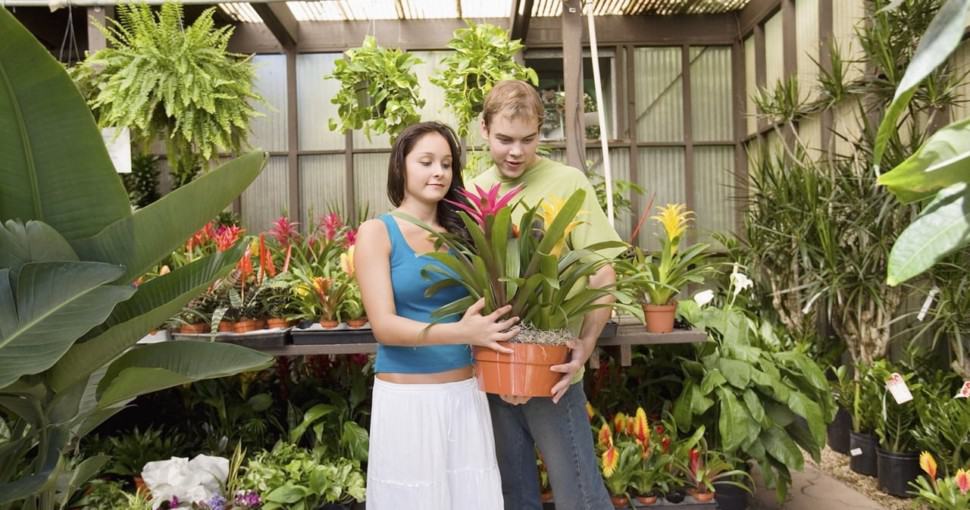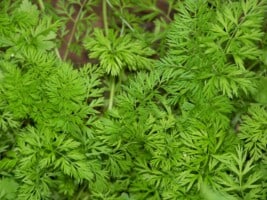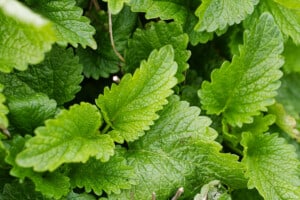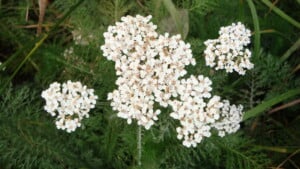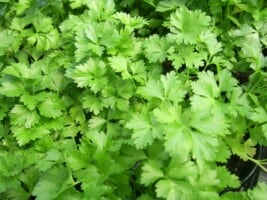House plants are all the rage these days but do they live up to the hype? In this article, we’ll go over some of the pros and cons of house plants so you can decide if house plants are right for you and your home.
House plants can have many pros, such as reducing stress, improving mood, productivity, and air quality, and can also brighten up a space. There are also many cons to house plants, including causing allergies, harboring mold, posing a toxin threat to pets, and being prone to pest infestation.
House plants have their pros and cons, but does one outweigh the other? Read on to find out more.
Pros Of House Plants
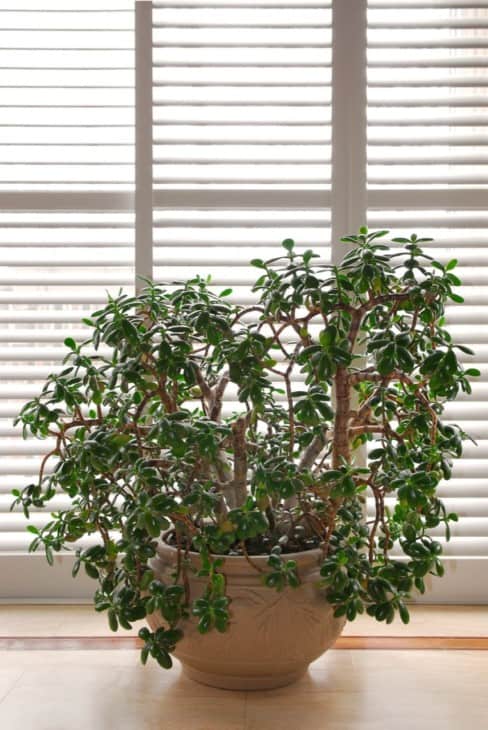
Listed below are some interesting pros to keeping houseplants.
1. House Plants Relieve Stress And Improve Mood
Feeling stressed after a long day at work? Studies show that plants can help reduce stress and improve your mental and physical well-being. More specifically, indoor gardening has been shown to reduce stress.
So if you are looking for a great stress reliever, why not pick up gardening? You may discover you have a hidden green thumb while trying out a new hobby. Additionally, a sense of well-being can be significantly improved when surrounded by indoor plants.
It is not entirely certain why plants improve our mood, but one theory suggests that it has to do with evolutionary factors. Humans have evolved side by side with nature, and it is only in the modern era that our relationship – and connection – to nature seems to have been lost.
When speaking of ‘connection,’ I do not mean in a spiritual sense but rather in a physical. The majority of urban residents spend most of their time indoors, an estimated 90%. Ultimately, bringing house plants into our homes can help us reconnect with nature.
Related: 4 Monstera Plant Benefits
2. House Plants Can Improve Productivity
Multiple studies have shown that work performance is improved when people are around plants. Who knew? Thus, adding house plants in your home (And your work cubicle) will undoubtedly have work-related benifits that you won’t regret. In fact, you can expect productivity to increase by up to 15 %.
These are some impressive statistics for a plant. People who work with plants in the room are more productive, more creative, and even take fewer sick days off work. After hearing how it can help your productivity, who wouldn’t want a houseplant?
Related: 11 Prayer Plant Benefits
3. House Plants Can Improve Air Quality
House plants can help improve air quality by removing Volatile Organic Compounds (VOCs). VOCs can harm one’s health, especially at high levels. These compounds are emitted from many different places, including furniture, printers, paint, cleaning supplies, etc.
Even though a room may require a large number of plants to match the efficiency of a modern biofilter, plants still help improve the quality of the air (even if it is in small amounts).
Related: 4 Dracaena Plant Benefits
4. House Plants Are Aesthetically Pleasing
House plants beautify any living space. These plants can add character and liveliness to your living or workspace, changing the whole aesthetic. Both the plants and their pots can be aesthetically pleasing. However, you do not need to be contained to just potted plants in your house.
Let your creativity run free. Shape vines around a bathroom mirror, or fill your room with hanging house plants. The possibilities are endless. So use house plants as a unique way to express your personality and creativity.
Related: 8 Spider Plant Benefits
Cons Of House Plants
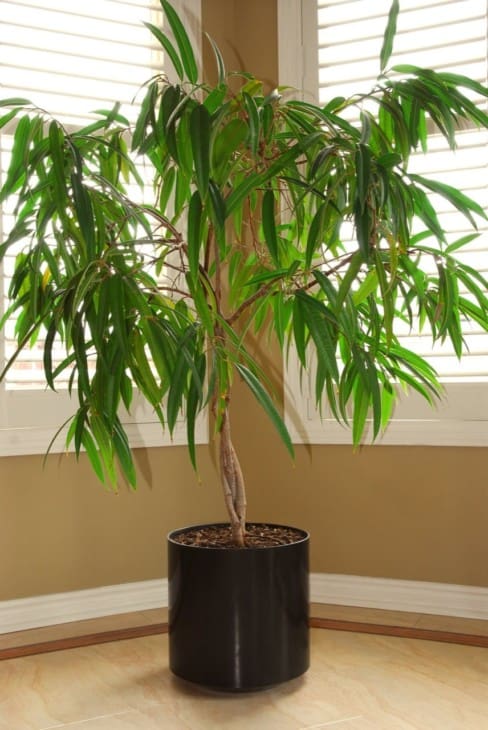
Below we have listed some cons that house plants can have.
1. House Plants Can Trigger Allergies
Houseplants can flare up allergies. Although this might not be a concern for everyone, those with pollen allergies or a sensitivity to the scent of perfume may be at a disadvantage when it comes to house plants. Getting symptoms such as runny or stuffy nose and watery eyes may make you wonder if getting a house plant was even worth it.
Although you can purchase over-the-counter medicine for household allergies, many people prefer to remove the allergen entirely. And with the houseplants residing indoors, the allergies can be more pervasive, so it’s no wonder why some would choose to discard them.
2. House Plants Can Harbor Black Mold
If you didn’t already know, some types of mold could be used for the benefit of humans, for example, penicillin. But the mold found in house plants does not fall into this category. More specifically, black mold -a mold that sometimes develops in house plants- can be extremely harmful to health.
These microscope spores can fester and produce other colonies of black mold if left untreated. Remember, though, that black mold is not a problem with all plants, and it can be prevented. However, it is essential to know that black mold can occur.
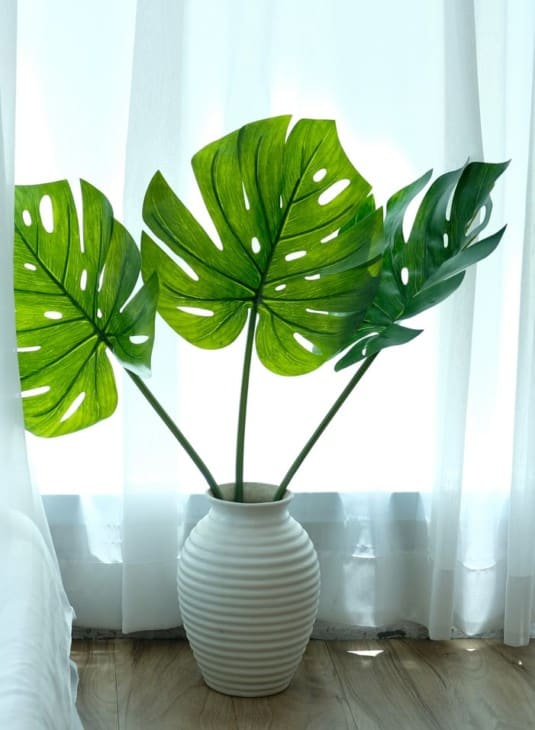
3. Some House Plants Are Toxic To Pets
If you have pets, house plants should be chosen with your furry friends in mind. Unfortunately, many house plants are toxic to dogs and cats; even plants that would not seem toxic to dogs and cats can be harmful to them.
Some toxic plants include, but are not limited to, aloe vera, jade plant, cut-leaf philodendron (Monstera Deliciosa), peace-lily, and ivy, and some succulents.
Failing to do proper research on the safety of the house plants for pets before bringing them into the house can result in disaster. Also, choosing non-toxic plants greatly limits your choices of plants for the house.
4. House Plants Can Have Pests
Pests and insects can sometimes go hand in hand with indoor plants. These insects can be a nuisance, and newly bought plants are often plagued by these insects, which can make matters even worse. Although it is possible to manage pests, managing them takes time and patience (which are things you don’t always have).
So when faced with pests, you tend to have only two options: bear it out and treat your plant for pests, or toss your plant away. How infested your plant is and how much it costs, or how much sentimental value it has, might help you decide on whether to treat the plant or not. Either way, pests require you to take action, whether you like it or not.

